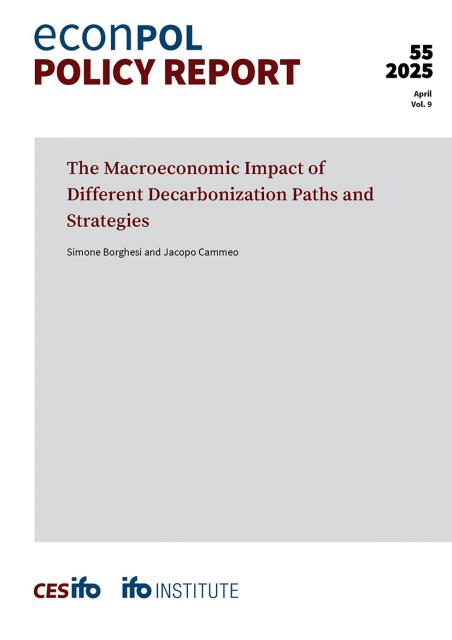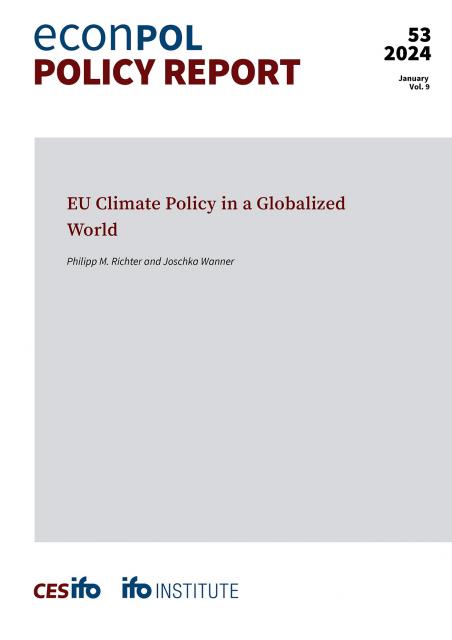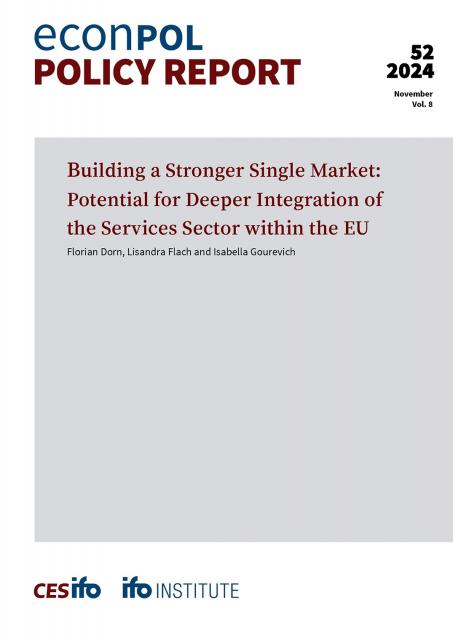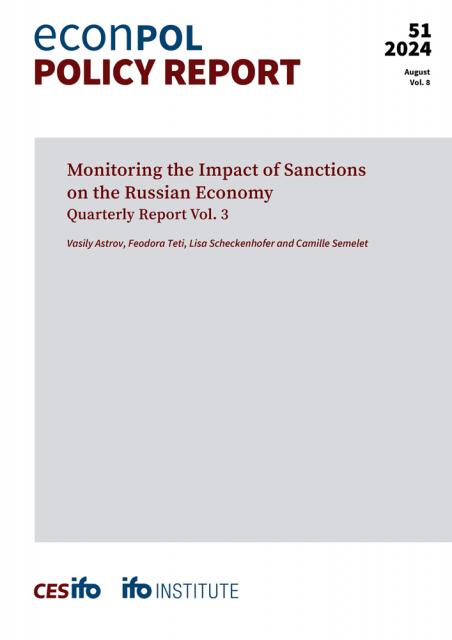EconPol Policy Reports conduct comprehensive economic analysis on current European economic and fiscal policy issues, fostering a deeper understanding of European economic development and the implications of policy measures. The reports provide valuable insights into policy scenarios and the impact of economic policies, facilitating informed public discussions and evidence-based policy making. EconPol‘s mission is to contribute to the crafting of effective economic policy in the face of the rapidly evolving challenges faced by the European economies and their global partners and to provide well-founded advice to European policymakers.




